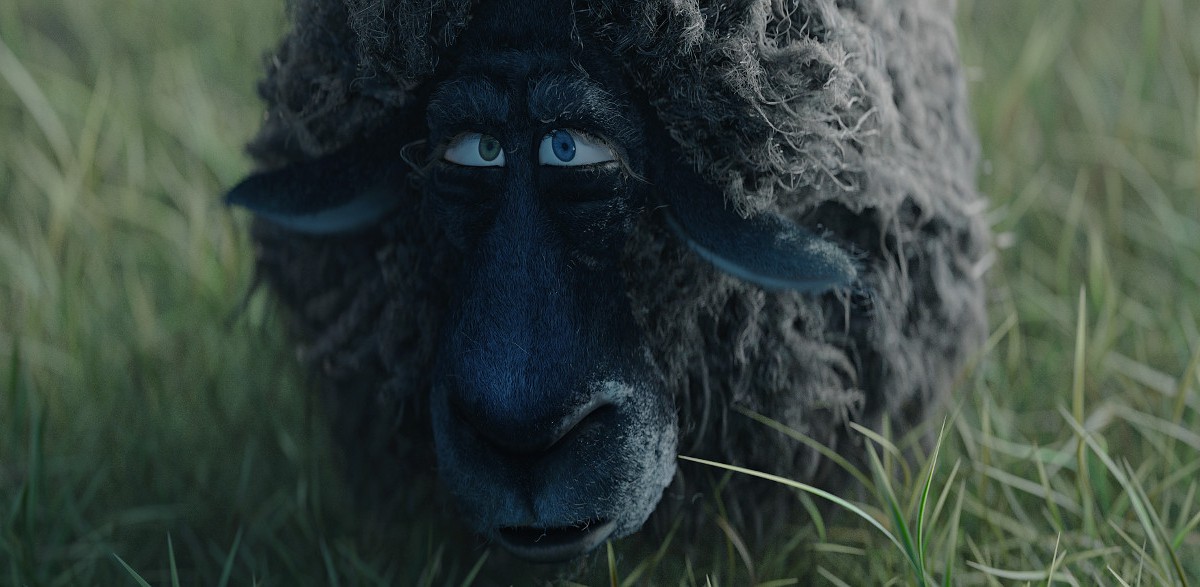Giới Thiệu
Hair type particle system can be used for strand-like objects, such as hair, fur, grass, quills, etc.

Particle hair systems example. Used for the grass and fur.
Phóng To/Làm/Gia Tăng Diện/Cỡ/Lớn/Mọc Dài Tóc
The first step is to create the hair, specifying the amount of hair strands and their lengths.
The complete path of the particles is calculated in advance. So everything a particle does a hair may do also. A hair is as long as the particle path would be for a particle with a lifetime of 100 frames. Instead of rendering every frame of the particle animation point by point there are calculated control points with an interpolation, the segments.
Tạo Mốt Thời Trang
The next step is to style the hair. You can change the look of base hairs by changing the Physics Settings.
A more advanced way of changing the hair appearance is to use Children. This adds child hairs to the original ones, and has settings for giving them different types of shapes.
You can also interactively style hairs in Particle Edit Mode. In this mode, the particle settings become disabled, and you can comb, trim, lengthen, etc. the hair curves.
Hoạt họa
Hair can be made dynamic using the cloth solver. This is covered in the Hair Dynamics page.
Kết xuất
With Cycles you can render hair with specialized hair BSDFs BSDF Tóc or BSDF Nguyên Tắc của Tóc.
Hair can also be used as a basis for the Particle Instance Modifier, which allows you to have a mesh be deformed along the curves, which is useful for thicker strands, or things like grass, or feathers, which may have a more specific look.